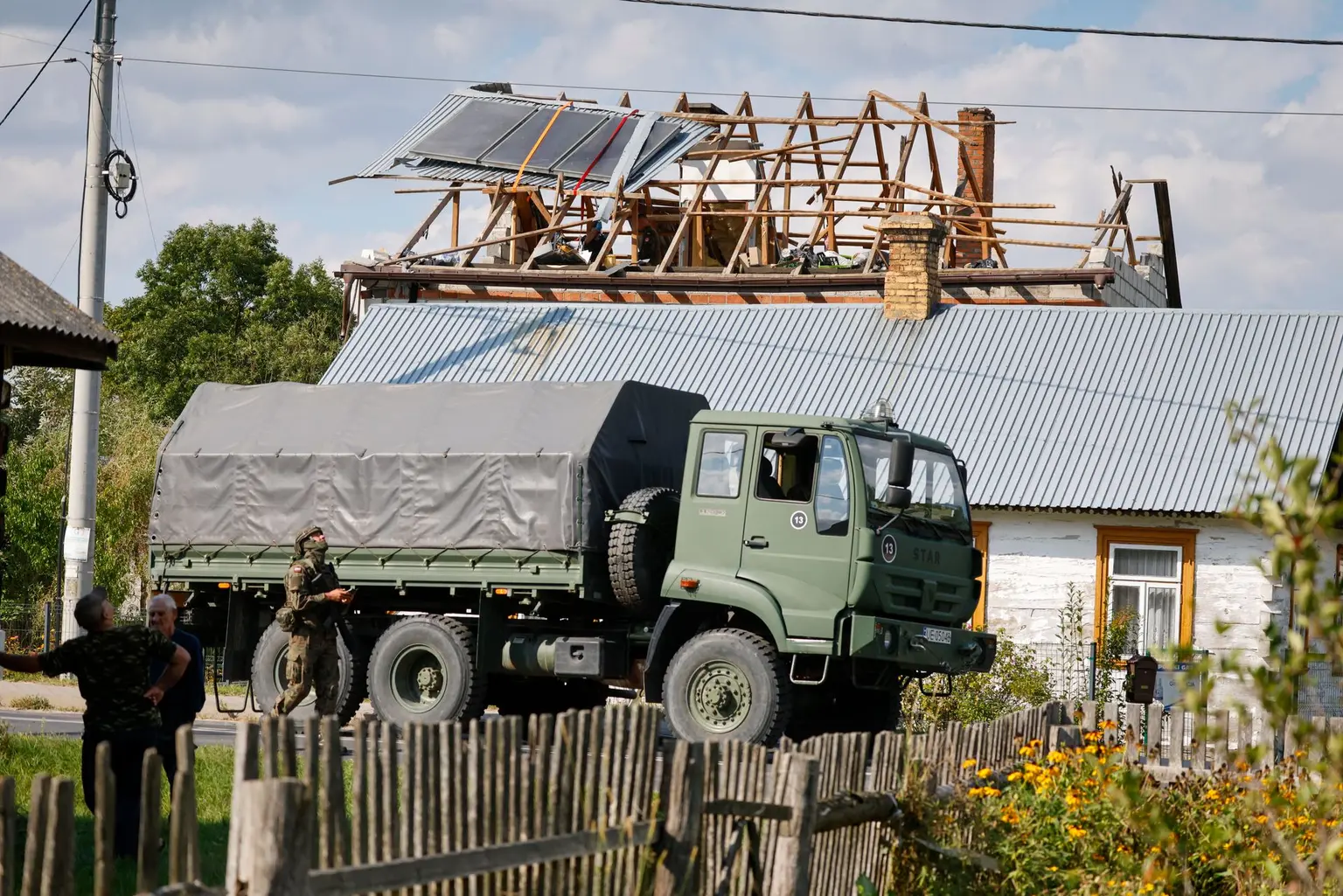Russian drone incursion into Poland aimed to sow doubt over sending Ukraine more air defenses, Zelensky says

Russia sought to sow doubts among NATO countries over providing Ukraine with additional air defense systems following Russia's drone incursion into Poland, President Volodymyr Zelensky said in an interview published Sept. 16.
"In my opinion, (the Russians) gave a signal... don't even think about providing Ukraine with additional air defenses. You may need to find a way to get it yourself," Zelensky said in an interview with Sky News.
Zelensky has long urged Western allies to increase "multi-system" air defense support amid ongoing Russian attacks on Ukrainian cities, which includes calls for additional Patriot Air Defense Systems.
"I think that they (Russia) did this and I am not yet ready to say that the plan worked. I will be able to say so in October," Zelensky said, adding that developments in air defense deliveries over the next month will be able to dictate whether Russian President Vladimir Putin's plan succeeded.
"Intimidation is a terrifying tool," Zelensky added.
While progress on additional air defense deliveries is yet to be seen, Polish Prime Minister Donald Tusk announced following the incursion that Warsaw will partner with Kyiv to develop effective anti-drone capabilities and with European allies for further air defense support
Tusk said funding would "not be an obstacle" and that Poland was prepared to spend money on the most effective systems in light of the Russian threat.
Russia has intensified the severity of drone recent attacks, launching over 800 drones in its most recent attack on Kyiv.
Amid the incursion into Poland, questions have been raised around the cost effectiveness of using high-priced weaponry to down cheap, mass-produced Russian drones.
A Polish army official told Reuters that at least some of the drones used in the incursion were Gerbera drones, estimated to cost around $10,000 — while reports indicate that three of the drones were shot down using AIM-9 Sidewinder missiles which cost around $400,000 each.
Following the attack, Ukraine vowed on Sept. 12 to train Poland's Armed Forces how to effectively down drones on Polish territory.
Comparing the most recent attack on Kyiv, in which Ukraine downed over 700 of the 810 drones launched, to the Polish airspace incursion, where Poland's Air Force managed to down only four of 19 Russian drone, Zelensky said that Ukraine is ready to support Poland and other NATO countries in defending their airspace.
"We can teach, we can train, they are our partner," Zelensky said, adding that it would be difficult for Poland to "save people if they have a massive attack."
In response to the incursion, NATO launched its Eastern Sentry mission aimed at curtailing Russia's ability to interfere in alliance members' airspace.
As part of the mission, Czechia will provide Mi-171S helicopters, the U.K. will provide Typhoon fighter jets, Denmark will contribute two F-16s and an anti-air warfare frigate, France will contribute three Rafales, and Germany will contribute four Eurofighters.











